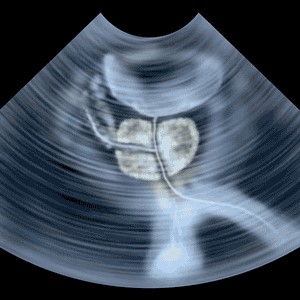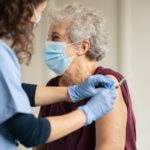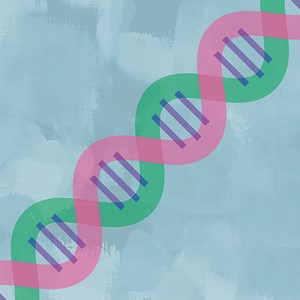-
June 18: The Week in Cancer News
A study compares the benefits of fixed doses of immunotherapy compared to weight-based doses, and the Food and Drug Administration approves a targeted therapy for a rare disorder called systemic mastocytosis.
by Bradley Jones
-
A Treatment That Came Just in Time
Cancer survivor Laurie Adami reflects on her experience participating in a clinical trial that ultimately contributed to the March 2021 approval of a CAR-T cell therapy for follicular lymphoma.
by Laurie Adami
-
June 11: The Week in Cancer News
Triplet therapy shows promise for prostate cancer that was metastatic at diagnosis, and Americans report inadequate knowledge of palliative care.
by Marci A. Landsmann
-
More Data on COVID-19 Vaccination and Cancer
Studies indicate that many people with cancer have an antibody response to the vaccines, but this response may be reduced or absent in certain patients.
by Anna Goshua
-
Putting the Patient in the Driver’s Seat
In her new book, Cancer Support Community executive chair Kim Thiboldeaux offers advice to patients on how to steer their way through a cancer diagnosis, treatment and beyond.
by Kevin McLaughlin
-
June 4: The Week in Cancer News
A targeted therapy improves disease-free survival when given to people with certain hereditary mutations after breast cancer surgery, and the Food and Drug Administration approves a new lung cancer treatment targeting a mutated form of the KRAS protein.
by Kevin McLaughlin
-
May 28: The Week in Cancer News
A study finds that many people with solid tumors mount an antibody response following COVID-19 vaccination, and the Food and Drug Administration approves the first targeted therapy for a rare lung cancer subtype.
by Kate Yandell
-
A Closer Look at Sarcopenia
Gastrointestinal oncologist and health services researcher Ryan Nipp discusses new research about how muscle quality correlates with cancer outcomes.
by Ashley P. Taylor
-
Genetic Testing Gaps
Testing for hereditary mutations is increasingly recommended for people with cancer, but recommendations do not always translate into access to testing and appropriate counseling.
by Kate Yandell
-
May 21: The Week in Cancer News
The U.S. Preventive Services Task Force lowers its recommended age to begin colorectal cancer screening to 45, and a major multiple myeloma study begins in Iceland.
by Bradley Jones
Cancer Talk
Let Me Tell You a Story About the Power of Medical Research
Ten-year-old Michael Methner told his story about being diagnosed with optic nerve glioma at the AACR’s Rally for Medical Research.
by Cancer Research Catalyst
Aggressive Approach to Very Advanced Cancer Does Not Extend SurvivalStudy shows no benefit from treatment for cancers at very advanced stages of progression. Researchers urge end-of-life planning for these patients.
by Kyle Bagenstose
The Affordable Care Act’s Impact on Access to Cancer CareA study at the AACR Cancer Health Disparities Conference found more people got quality cancer care after the ACA went into effect.
by Cancer Research Catalyst
Understanding the Federal Rule on Breast Tissue Density ReportsScreening mammography reports will include breast density and an explanation in common language.
by Sandra Gordon














